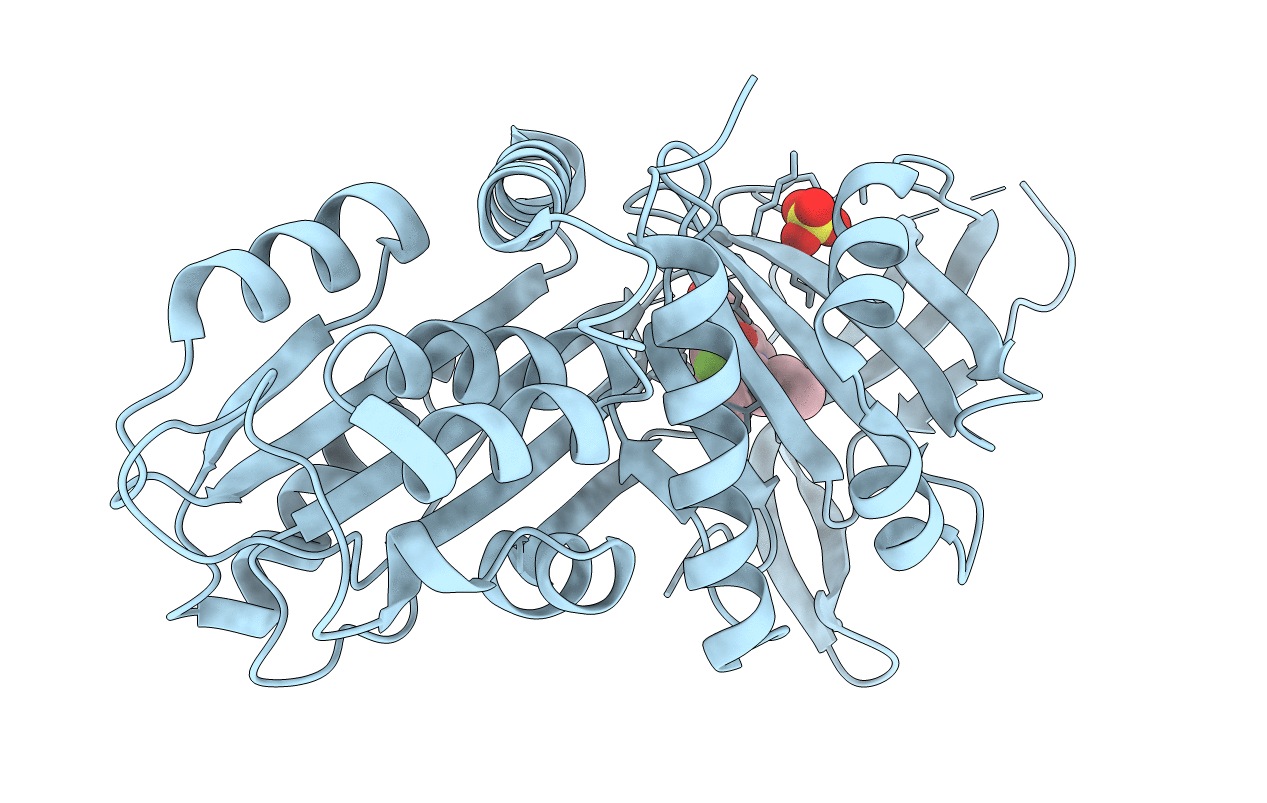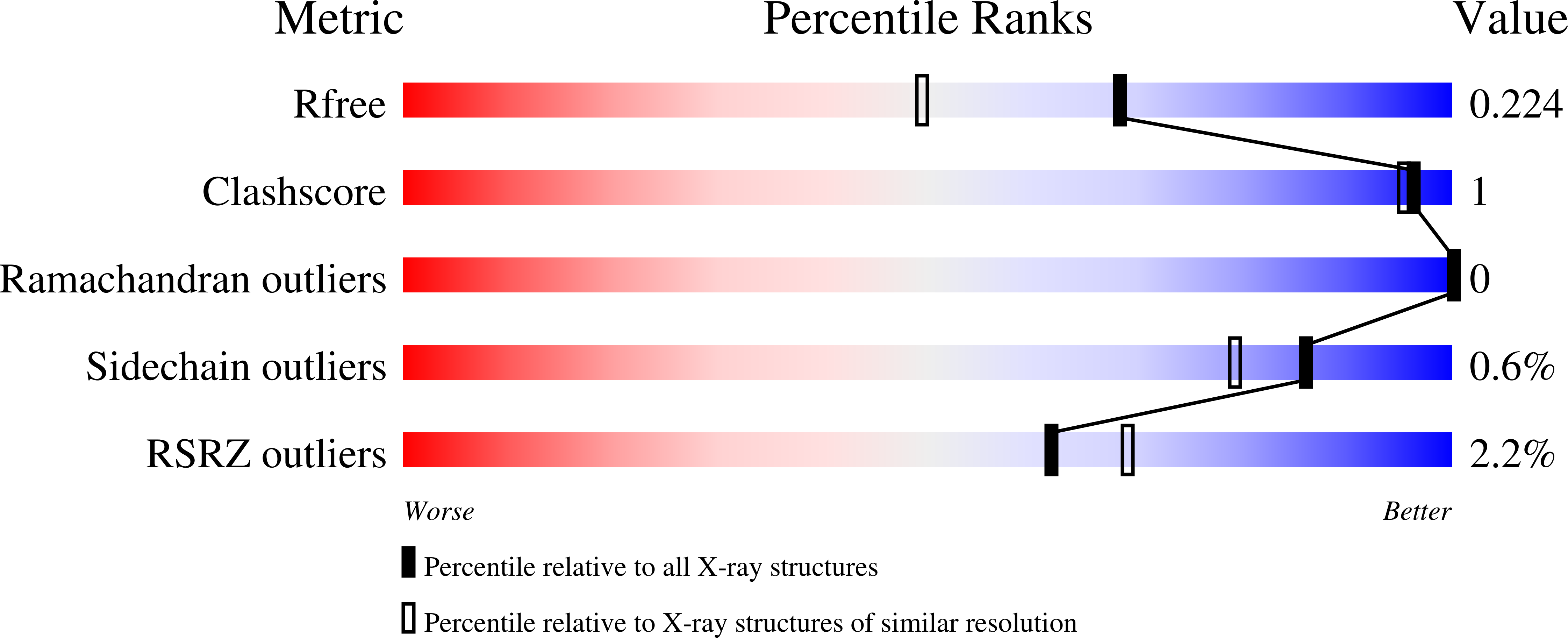
Deposition Date
2020-09-17
Release Date
2021-03-10
Last Version Date
2024-05-01
Entry Detail
Biological Source:
Source Organism(s):
Homo sapiens (Taxon ID: 9606)
Expression System(s):
Method Details:
Experimental Method:
Resolution:
1.76 Å
R-Value Free:
0.22
R-Value Work:
0.18
Space Group:
C 1 2 1


